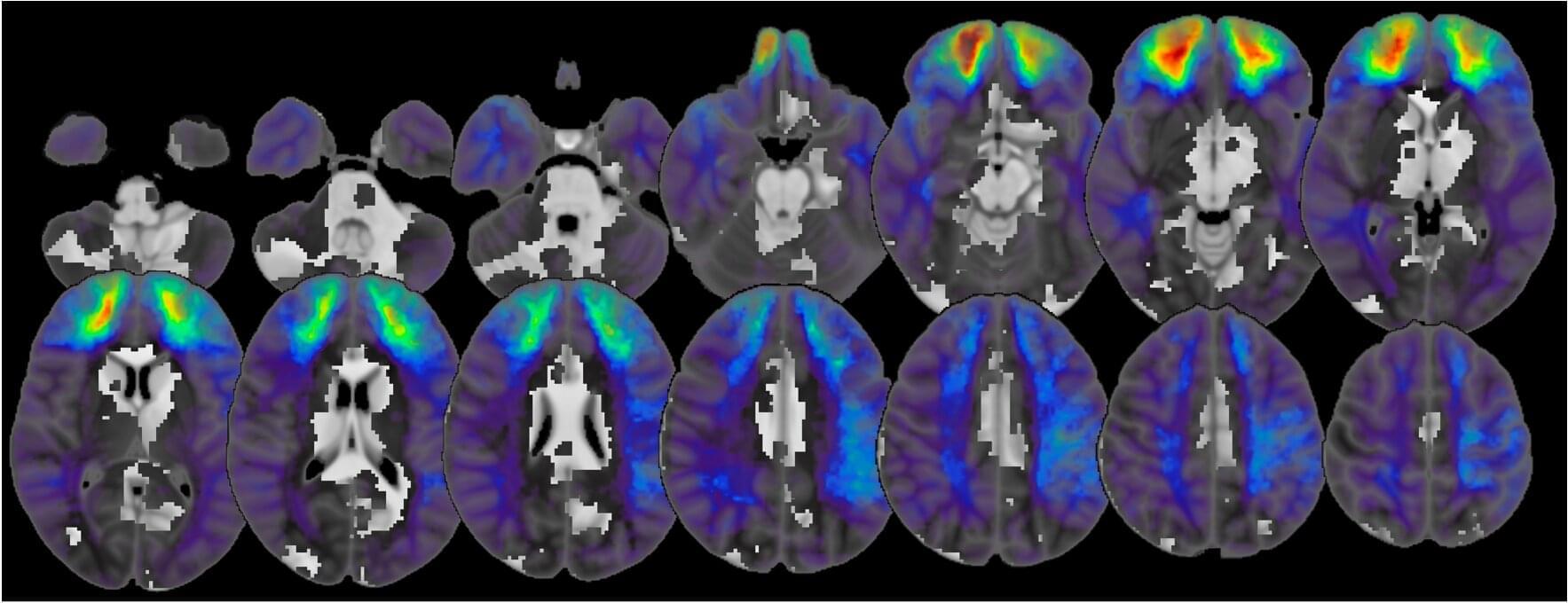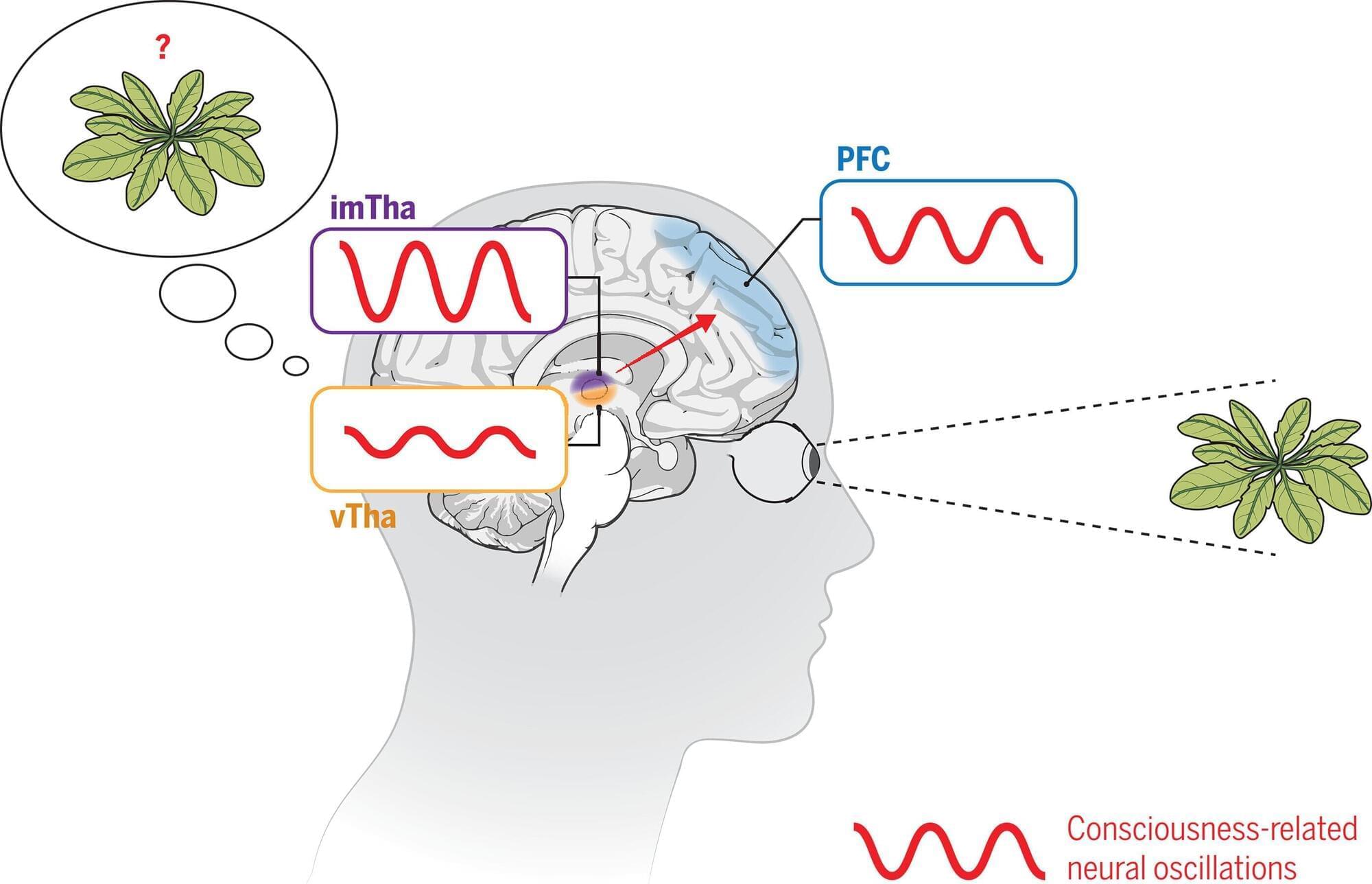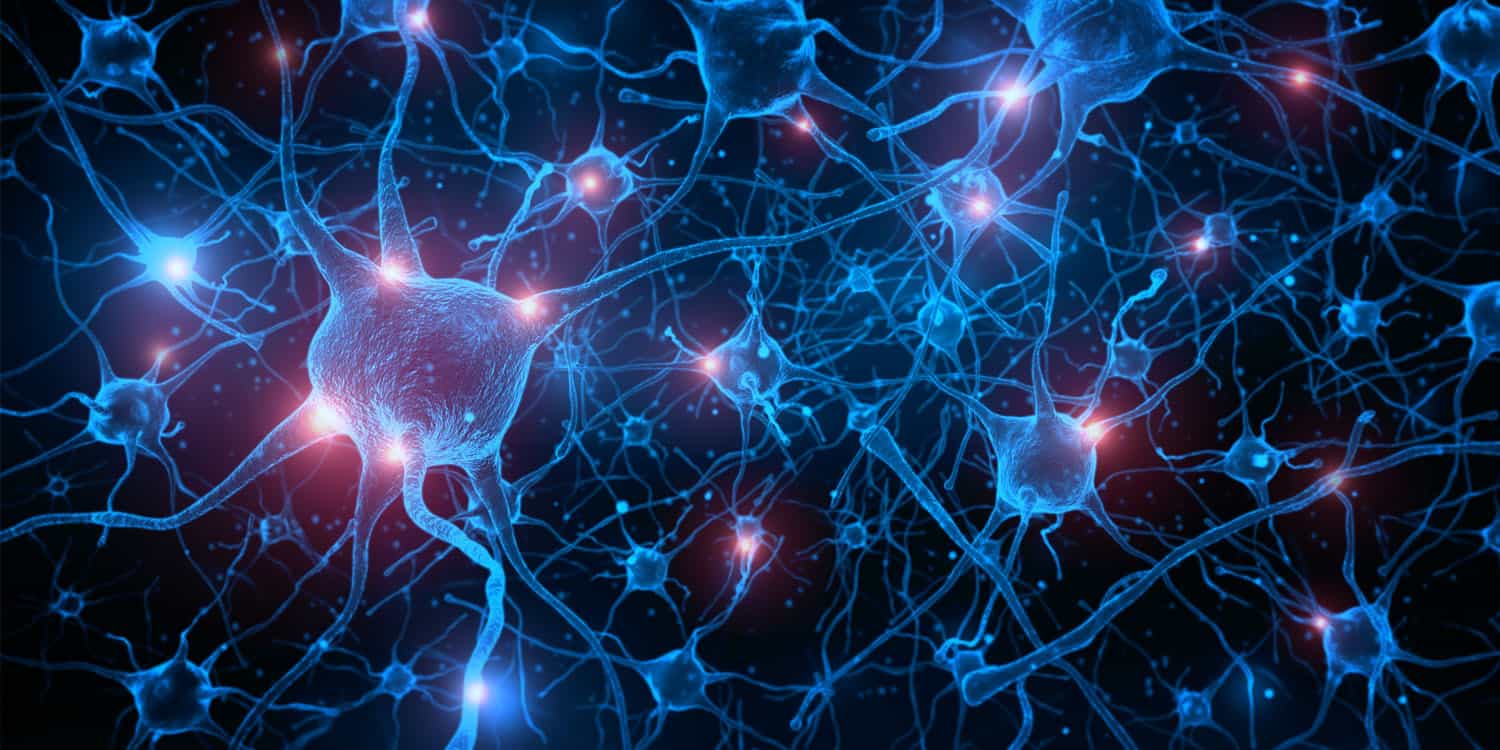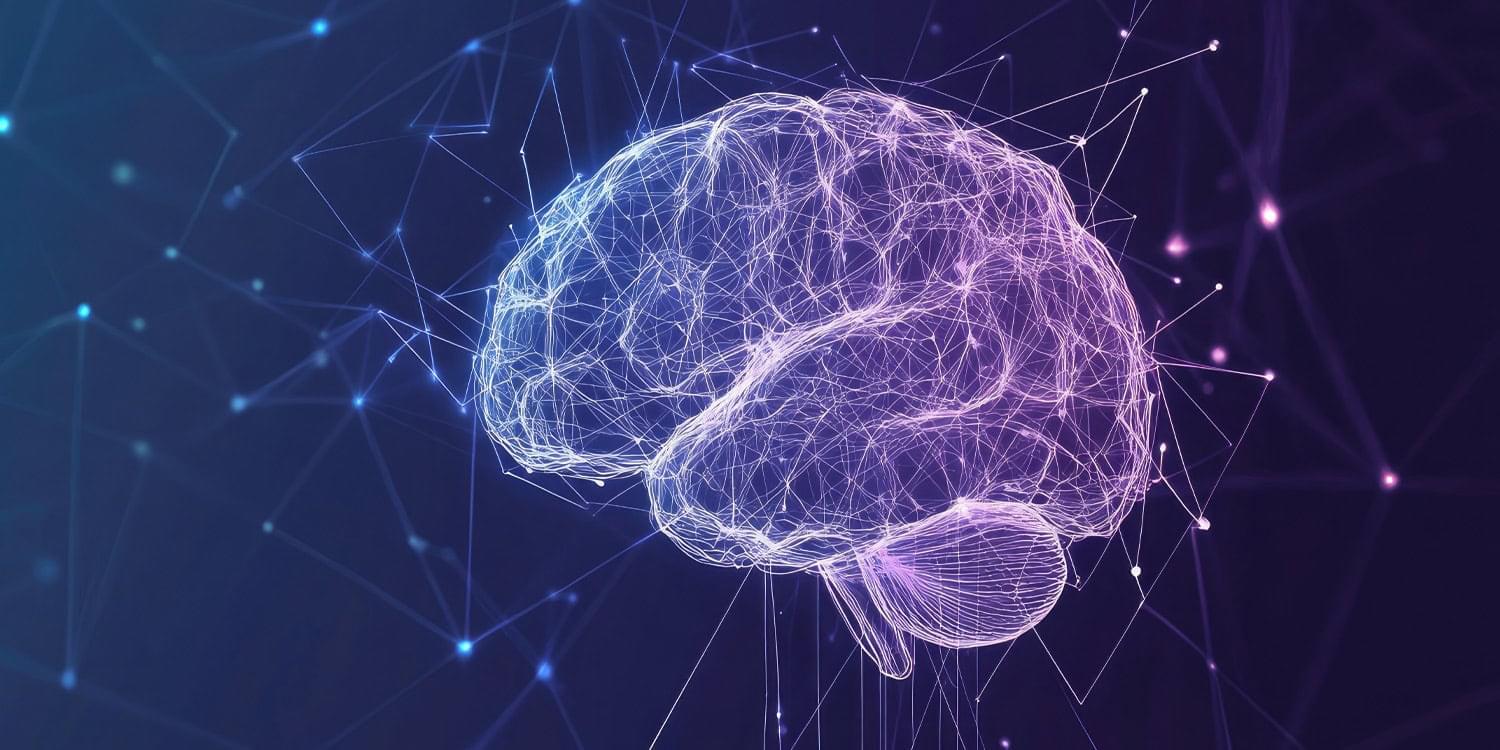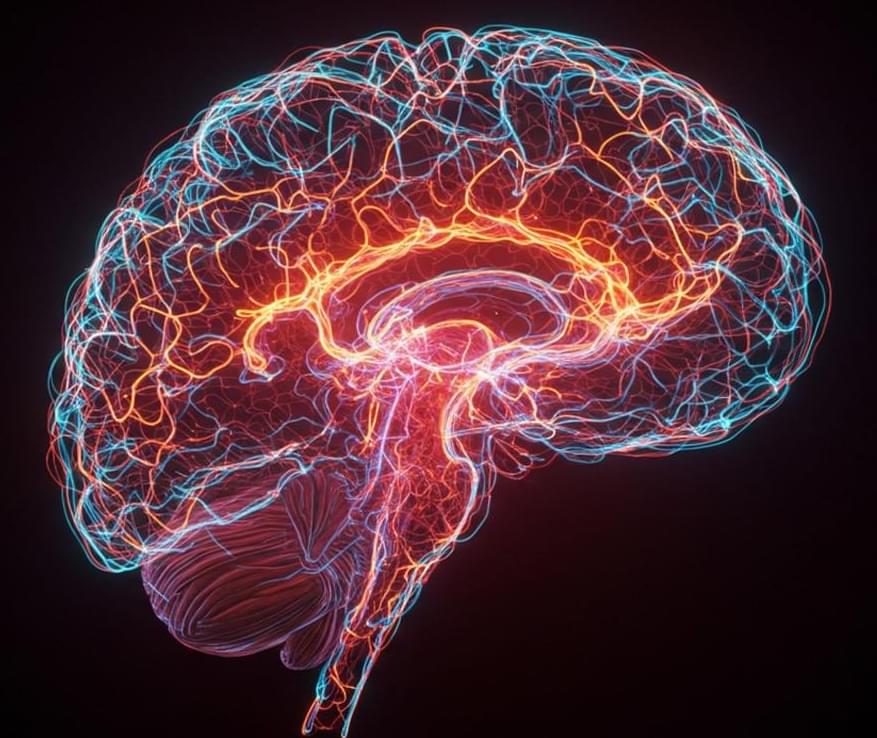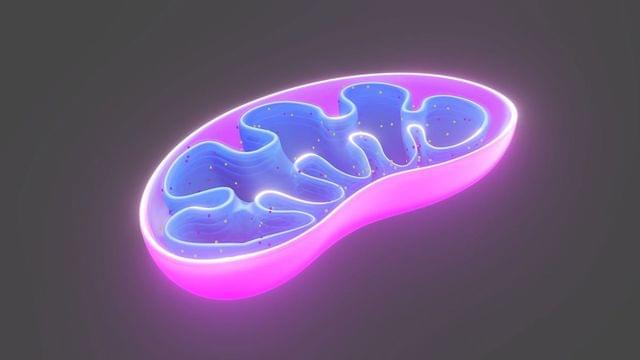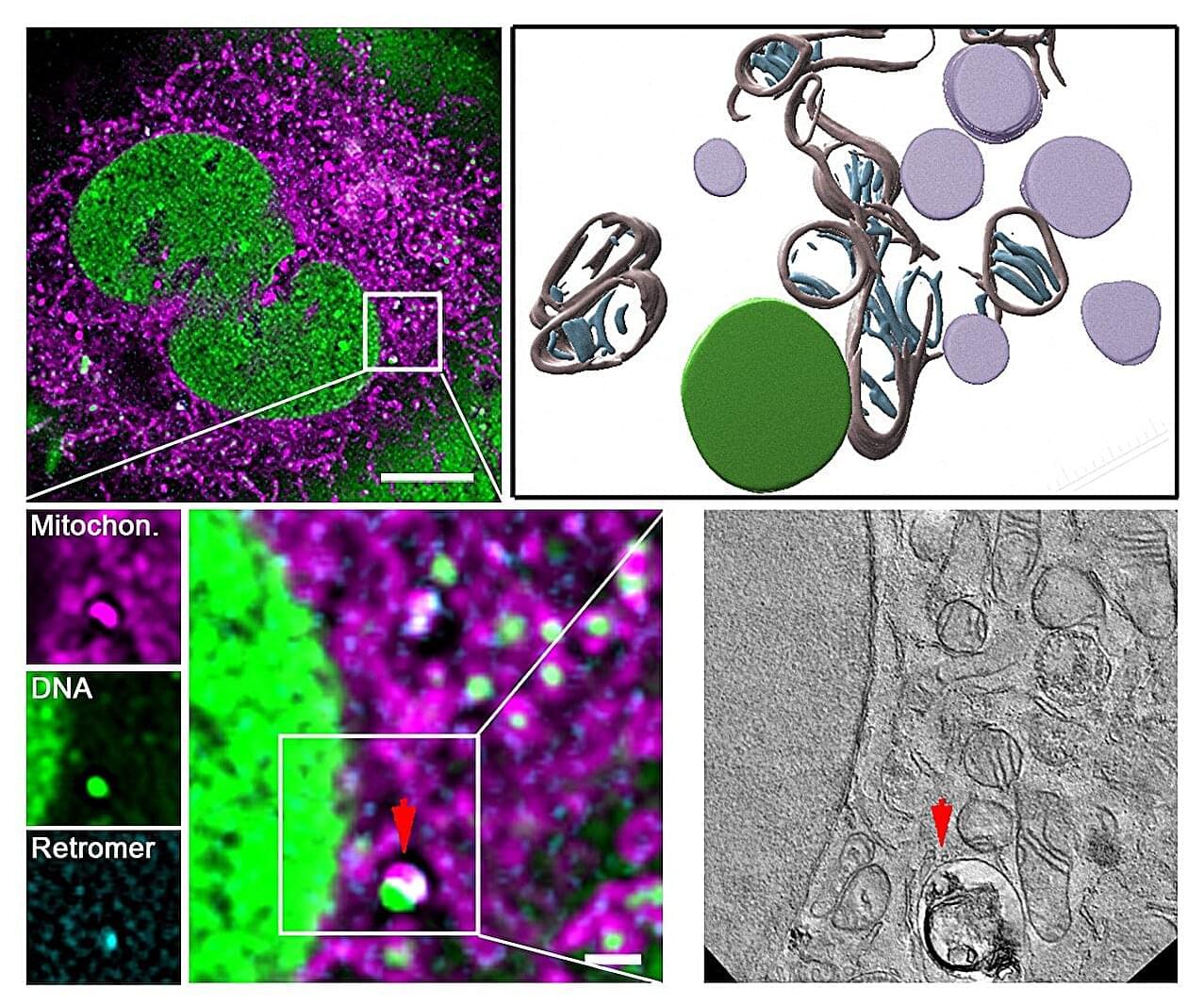People diagnosed with various mental health disorders can sometimes start engaging in intense political behavior, such as violent protests, civil disobedience and the aggressive expression of political views. So far, however, the link between political behavior and the brain has been rarely explored, as it was not viewed as central to the understanding of mental health disorders.
Researchers at Harvard Medical School, Stanford University School of Medicine and Northwestern University Feinberg School of Medicine recently carried out a study investigating the neural underpinnings of political behavior. Their findings, published in Brain, unveil the existence of a brain circuit that is associated with the intensity of people’s political involvement, irrespective of their ideology or party affiliation.
“This paper started out as a collaborative effort that focused on learning how to help people better come together and thrive, alongside Stephanie Balters at Stanford,” Shan H. Siddiqi, first author of the paper, told Phys.org.
